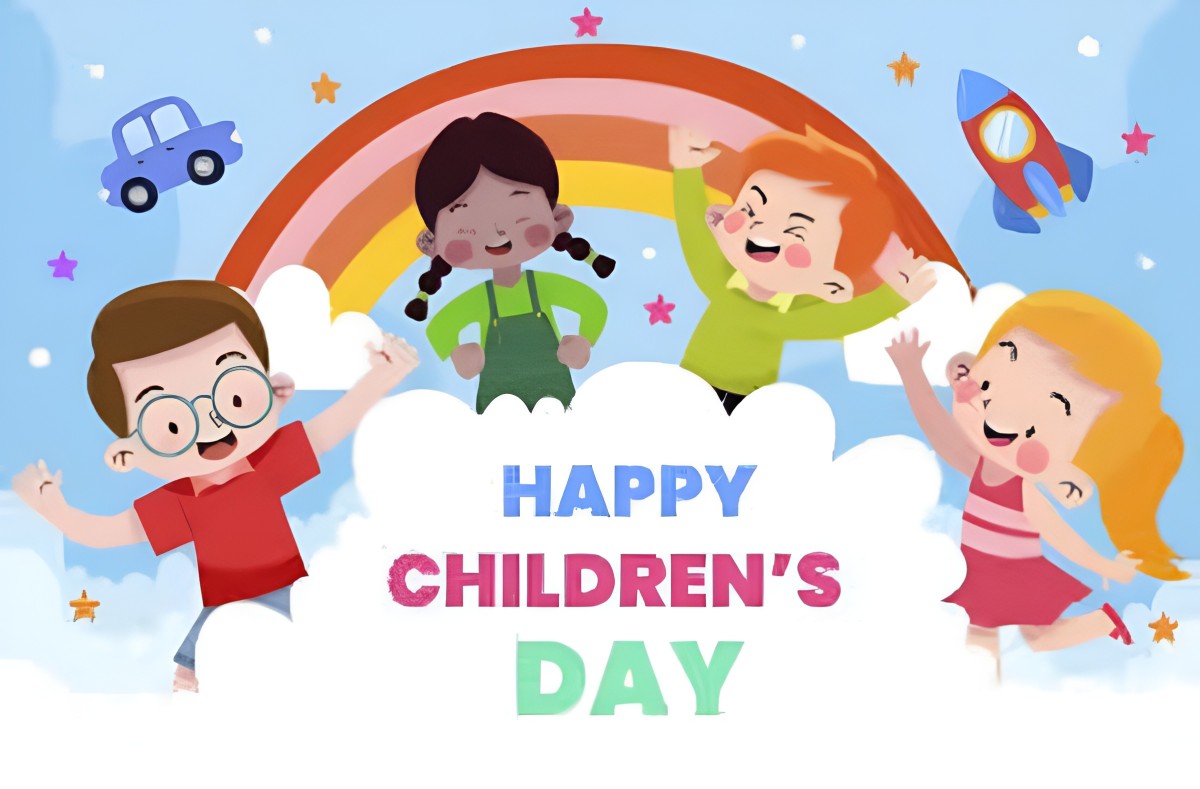Introduction
Children’s Day celebrates the innocence, potential, and dreams of children. Countries across the world observe this special day to highlight the importance of nurturing and protecting children. By celebrating Children’s Day, society recognizes children as the foundation of a strong, progressive, and compassionate future.
History and Significance of Children’s Day
Different nations celebrate Children’s Day on different dates, but the purpose remains the same—to ensure children’s rights, education, safety, and happiness.
Leaders and child-rights organizations introduced this day to remind society of its responsibilities. They encourage everyone to create a supportive environment where children can grow with confidence and dignity.
Celebrations in Schools and Communities
Schools play a major role in making Children’s Day joyful.
Teachers organize:
- cultural programs
- sports activities
- art and craft competitions
- storytelling sessions
- fun games and entertainment
These activities allow children to express their creativity and enjoy a day dedicated entirely to them. Communities and clubs also host events to spread joy and inspire children to develop their talents.
Also Read: Brazilian Model Larissa Responds to Allegations of Rahul Gandhi’s Vote Chori Connection
Role of Parents and Families
Parents use Children’s Day to strengthen emotional bonds with their children. They spend quality time together, offer guidance, and listen to their children’s thoughts and feelings. Families celebrate by giving small gifts, sharing meals, and creating memories that make children feel valued and loved.
Awareness About Children’s Rights
Children’s Day also raises awareness about issues that affect children globally.
Organizations and governments:
- promote quality education
- fight against child labor and exploitation
- ensure access to nutrition and healthcare
- create safe learning and living environments
These efforts aim to guarantee that every child receives equal opportunities to learn, grow, and succeed.
Building Values and Good Character
Children observe their surroundings and learn by watching adults. When adults show kindness, honesty, discipline, and respect, children naturally develop these qualities. Children’s Day reminds society to model positive behavior and guide children toward becoming responsible, empathetic citizens.
Importance of Education and Modern Opportunities
Education plays a crucial role in shaping children’s future.
Schools and governments invest in:
- digital learning tools
- interactive teaching methods
- safe playgrounds
- modern classrooms
- mental and emotional support programs
These improvements help children develop creativity, intelligence, and confidence, preparing them to face future challenges.
Conclusion
Children’s Day teaches us to value, protect, and support every child. When we nurture children with love, education, and opportunities, we shape a brighter and stronger future for the entire world. By respecting children’s rights and encouraging their dreams, we ensure that they grow into capable, responsible, and compassionate individuals. Celebrating Children’s Day is not just a tradition—it is a promise to build a better tomorrow.
Also Read: Climate Change in 2025: Are We Too Late to Reverse It?











